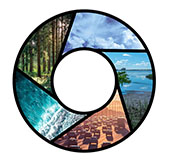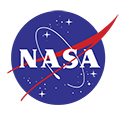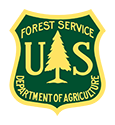Carbon Cycle Predictions workshop completed
A CCIWG-sponsored Workshop Development of Predictive Carbon Cycle Science was convened at NOAA NCWCP Conference Center, College Park, Maryland on Mar 7- 9, 2016. Twenty-eight scientists from research areas of atmosphere, terrestrial ecosystems, ocean/coastal carbon cycles, and human emission participated in the workshop. Several CCIWG members also attended the meeting.

While exploring new research agenda options to accelerate development of predictive carbon cycle science, the workshop participants discussed the following questions:
- What are the predictive skills of current regional and global carbon models?
- What are the reasons that the current generation of carbon cycle models has low predictive skills?
- How much are model predictive skills related to our knowledge on intrinsic predictability of the system?
- How can we synthesize results from experimental, observational, and modeling studies to improve model predictive skills?
The first decade of NACP has greatly advanced our observation and monitoring systems of carbon cycle research. As consequence, we have many observations of the terrestrial, marine, atmosphere and anthropogenic carbon cycles but our models don’t simulate the processes that are important for the future climate well (or at all). Accordingly, the workshop deliberations highlighted future needs to:
1) Identify reasons why the global models could not predict carbon cycle well so as to find ways to improve them;
2) improve predictive skills of models through development of the data assimilation capability enabling integration of extensive sets of observations and experimental results with complex models; and
3) develop novel approaches, such as syndicated field campaigns in critical regions with both measurement and modeling, and interactive model-experiment, model-observation systems, to gradually improve predictive skills of global carbon cycle models.
See the workshop agenda (PDF). The workshop outcomes will be reflected in upcoming peer-reviewed publications and will also inform pertinent sections of the 2nd State of the Carbon Cycle Report (SOCCR-2).
The workshop was co-organized by Yiqi Luo from University of Oklahoma,Scott Denning from Colorado State University, and Gyami Shrestha from U.S. Carbon Cycle Science Program Office.
(Dr. Yiqi Luo authored this article.)




